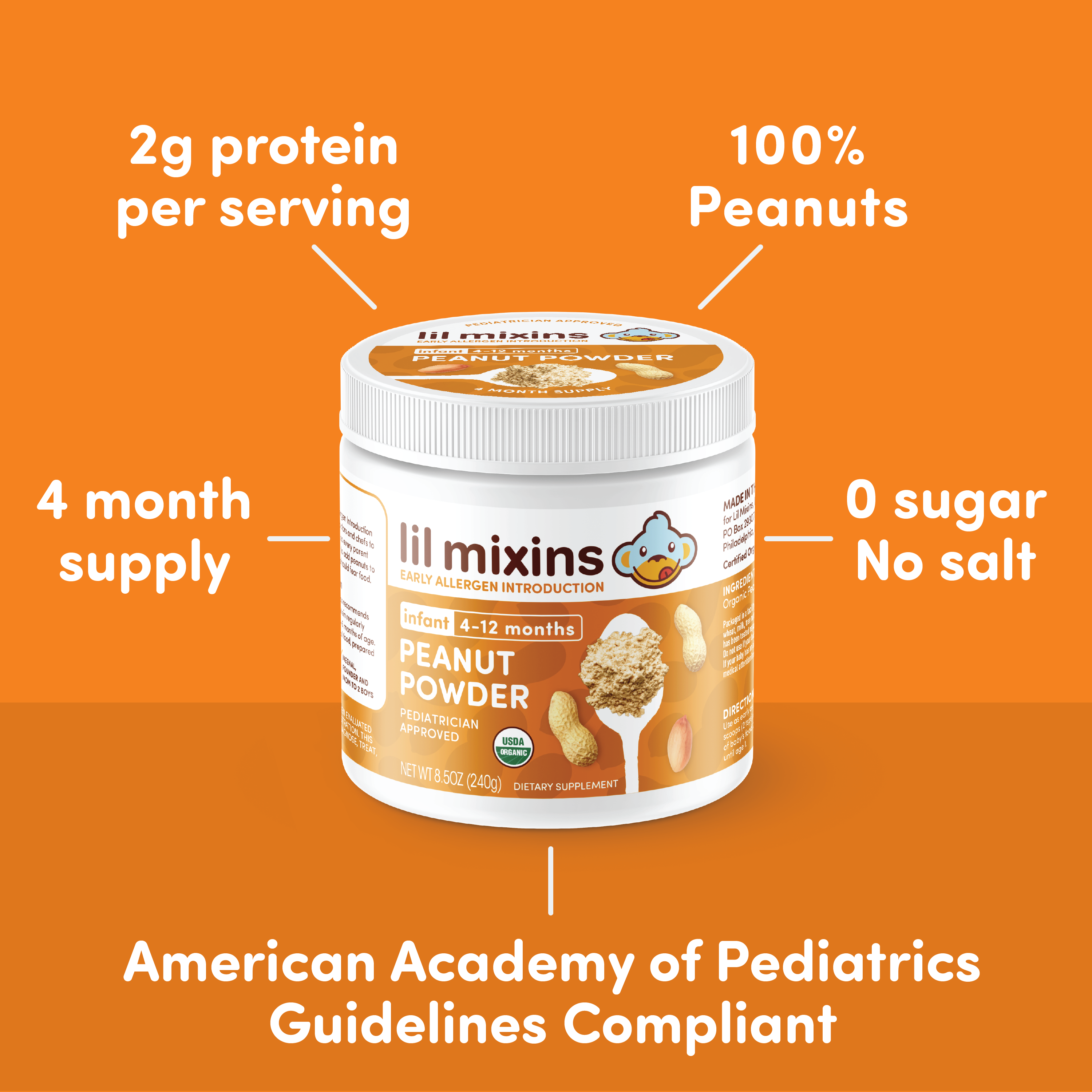Asthma vs Anaphylaxis
Asthma and anaphylaxis share a few common symptoms like tightened airways, wheezing, and coughing, so differentiating between asthma vs anaphylaxis relies on using context clues for what could have triggered the reaction, and looking for additional symptoms that might point more clearly to asthma or an anaphylactic reaction.
- Did your child just eat / are they eating → anaphylaxis
- Are asthma triggers present (smoke, pollen, etc) → asthma
- Watery eyes, runny nose --> asthma
- Stomach pain or hives → anaphylaxis
What is Going On With Anaphylaxis vs Asthma?
With asthma, your body is experiencing a local reaction in the airways to a trigger. In an anaphylaxis allergic reaction, your body is going through a massive immune response throughout the body.
In both an asthma attack and anaphylaxis, the airways can tighten. Mucus builds up inside the airway to battle irritants, taking up space. In both, you may see wheezing, short or labored breathing, or coughing as the person tries to open their airways.
 With asthma, the symptoms typically stay in the lungs, throat, and the nose, which are all part of the airways. With anaphylaxis, you will usually see symptoms in other body parts like the stomach and skin.
With asthma, the symptoms typically stay in the lungs, throat, and the nose, which are all part of the airways. With anaphylaxis, you will usually see symptoms in other body parts like the stomach and skin.

Shop Daily Mix One-Month Supply
How Should You Respond to an Asthma Attack vs. an Anaphylactic Allergic Reaction?
If you have a known allergy and sometimes have asthma symptoms that show up quickly, doctors recommend using your epinephrine first, because anaphylaxis can progress quickly, and an allergic reaction can only be stopped with epinephrine.
A fast-acting bronchodilator (puffer / inhaler) will open up the airways for asthma, but it won’t work if it’s anaphylaxis.
Know your triggers and try to prevent episodes altogether. Many doctors will recommend that patients use an inhaler before they encounter their triggers. Anytime our son has a cold we start medications to make sure the asthma attack doesn’t happen. If you are attending a party with smokers, or going to a picnic in a grassy field, and those are your triggers, using an inhaler before you go can stop an attack.
Be diligent about what food you eat and always carry epinephrine, no matter where you go.
There are great resources from the Asthma and Allergy Foundation, the CDC, and the American Academy of Allergy Asthma and Immunology to create action plans and stay ahead.






